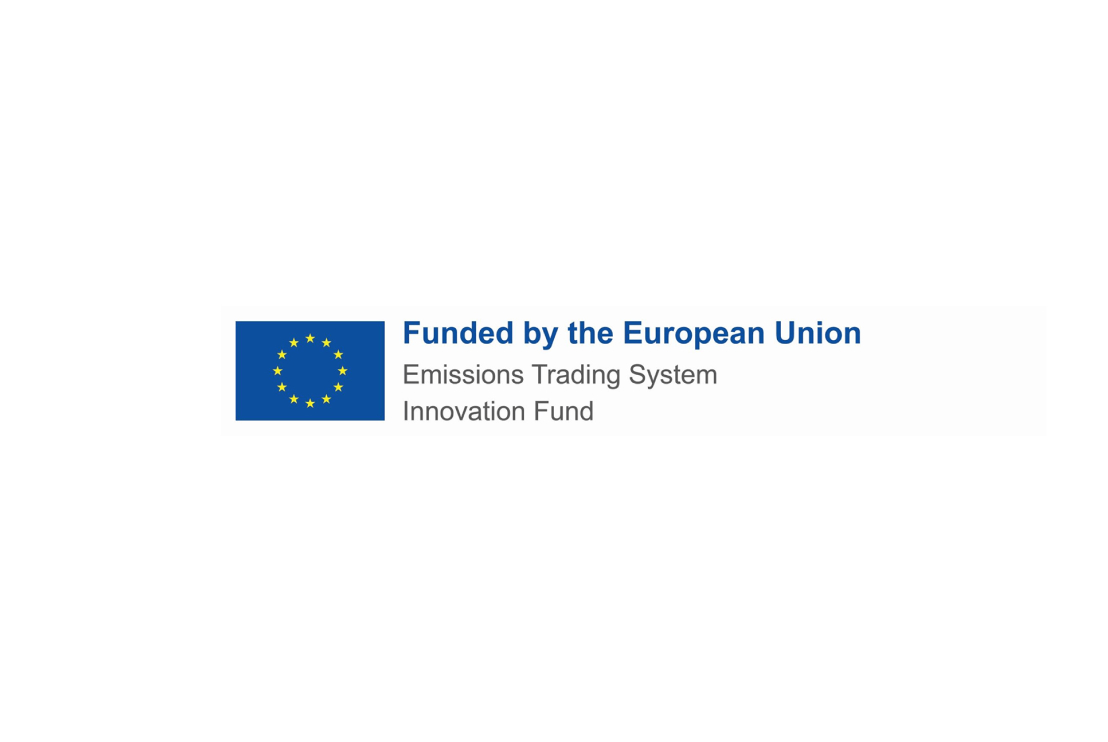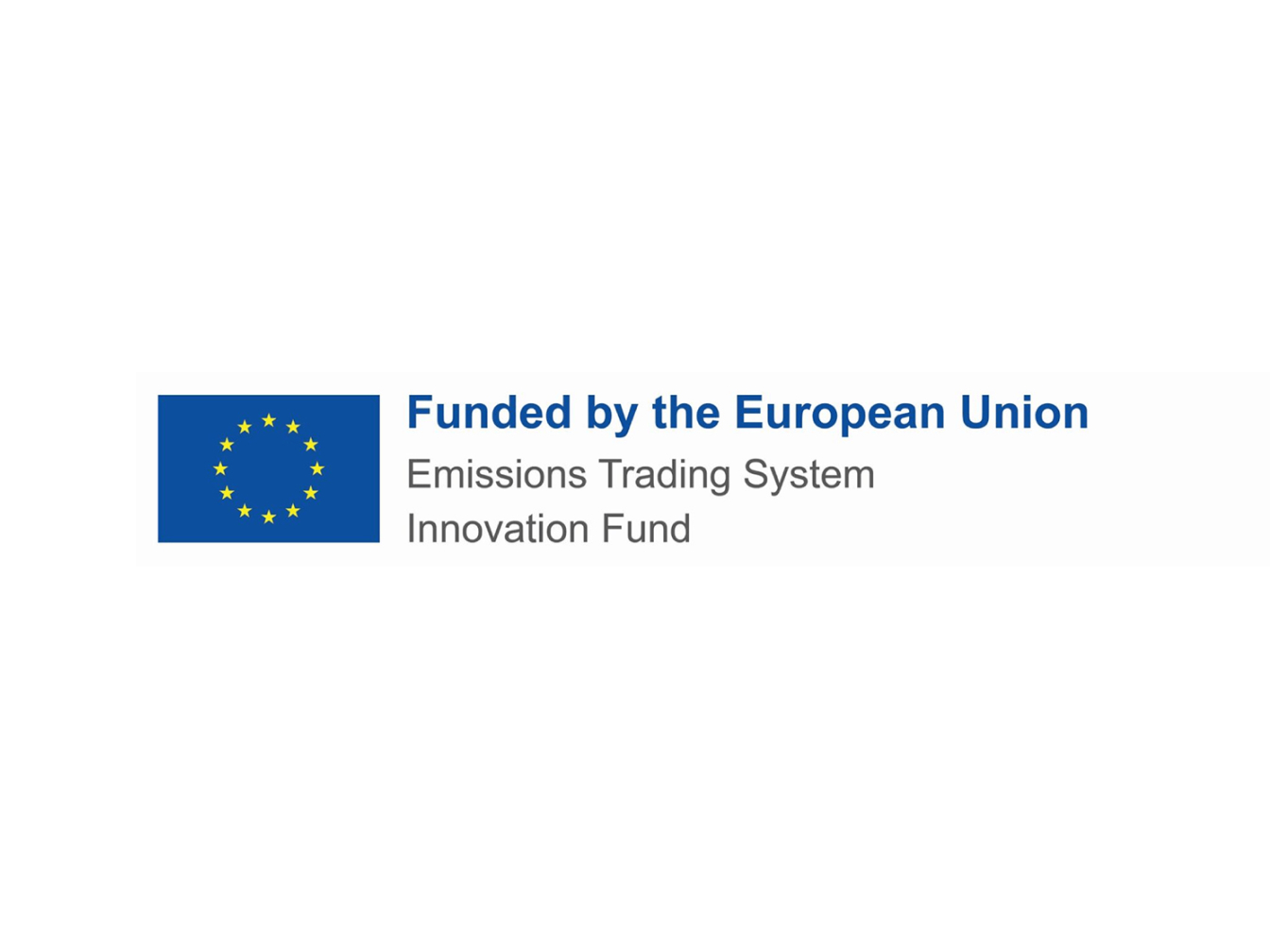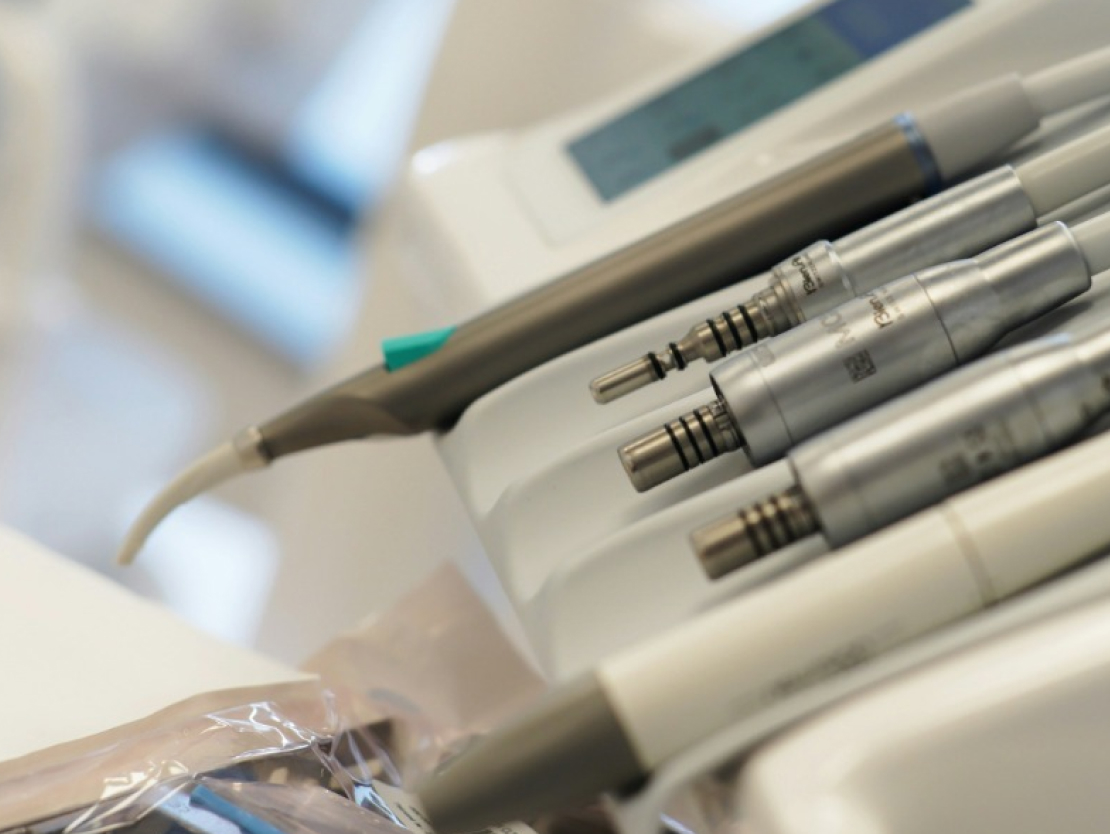BOOST The BOOST Project pioneers industrial-scale Chemical recycling of PMMA waste into high-purity r-MMA using MyRemono’s NXRe PMMA technology, achieving a 96% GHG emissions reduction compared to reference scenario, promoting circular economy, and enhancing sustainability in the plastics industry. BOOST is funded by Innovation Fund Programme (3rd call for Small Scale projects).
Funded by the European Union
Views and opinions expressed are however those of the author(s) only and do not necessarily reflect those of the European Union or the European Climate, Infrastructure and Environment Executive Agency (CINEA). Neither the European Union nor the granting authority can be held responsible for them.


expected GHG emissions, compared to traditional MMA production methods over BOOST’s plant first ten years of operation.
Europe’s PMMA chemical recycling capacity increase yearly.
expected annual production of high quality recycled methyl methacrylate (r-MMA) annual production.
fossil-based raw materials saved each year.
The BOOST Project, acronym for "Back-to-mOnOmer recycling of polymeric materialS using molten meTals," aims to establish the first commercial plant utilizing MyRemono’s NXRe PMMA technology. This innovative process focuses on the chemical recycling of Polymethyl Methacrylate (PMMA) waste to produce high-quality recycled Methyl Methacrylate (r-MMA).
PMMA, a transparent thermoplastic, is widely used in industries such as automotive, construction, electronics, and healthcare. Traditional PMMA production relies on fossil-based feedstock, but the BOOST Project seeks to redefine PMMA waste as a sustainable resource for r-MMA production.
Polymethyl Methacrylate (PMMA) is a versatile, transparent thermoplastic commonly known by its trademarks, such as Plexiglas, Lucite, and Perspex. It is widely appreciated for its excellent optical clarity, resistance to UV light and weathering, and high strength-to-weight ratio. These properties make PMMA an ideal material for various applications, including:

Technological innovations
The BOOST Project pioneers several disruptive technological innovations that redefine the recycling process of Polymethyl Methacrylate (PMMA). These advancements, spearheaded by MyRemono's NXRe PMMA technology, introduce a continuous modular approach to chemical recycling, enabling the recovery of ultra-pure monomers from PMMA waste.

1. NXRe PMMA Technology
A patented, innovative system that optimizes the depolymerization process of PMMA through a molten metal-flow method and distinctive charging system, allowing for efficient chemical recycling and ultra-pure monomer recovery.
2. Continuous Modular Recycling
A process that enables the depolymerization of PMMA to be performed continuously, which improves heat and mass transfer rates, leading to higher efficiency and scalability of the recycling units.
3. Compact Depolymerization Units
Due to the enhanced efficiency of the depolymerization process, the system allows for the construction of smaller, high-energy-efficient recycling units with reduced capital and operating costs.

Benefits
By implementing the NXRe PMMA technology, the project significantly reduces greenhouse gas emissions, enhances energy efficiency, and decreases reliance on fossil-based raw materials. Furthermore, the project promotes a circular economy model, increases recycling capacity, and produces high-quality recycled Methyl Methacrylate (r-MMA).

1. GHG Emission Reduction
The project achieves a 96% reduction in greenhouse gas emissions over ten years compared to traditional processes, contributing to significant environmental benefits.
2. Circular Economy
By converting PMMA waste into recycled Methyl Methacrylate (r-MMA), the project closes the recycling loop, reducing the reliance on fossil-based raw materials and promoting a sustainable production model.
3. High-Quality r-MMA
The process ensures the production of recycled Methyl Methacrylate with a purity greater than 99%, meeting the high standards required for reuse in manufacturing and other industries.
The BOOST Project is organized into five strategic work packages (WPs), each designed to address specific phases of the project lifecycle. These work packages facilitate structured implementation, from initial planning and financial closure to full-scale operation and optimization. Each phase is critical to ensuring the project's success, sustainability, and impact. The following sections provide a brief overview of each work package, outlining their primary focus and key deliverables.
WP1
Activities prior to financial close
WP2
Activities prior to entry into operation
WP3
Year 1 of Operation
WP4
Year 2 of Operation
WP5
Year 3 of Operation
The BOOST Project will enable the commercial deployment of NXRe PMMA, addressing the same target market from both the supply and off-take sides, and embracing a fully circular model. The positive results from research and development tests on polystyrene (PS) and polyolefin (PO) demonstrate the potential transferability of NXRe PMMA technology into various sectors within the plastic manufacturing and recycling industry. Below the list of main public deliverables of the project.
D1.22
Knowledge sharing report
D2.2
Updated knowledge sharing report prior to entry into operation
D2.8
Plant CE Marked
D5.4
3rd Year Updated knowledge sharing report
THE COORDINATOR
MYREMONO SRL (MyRemono)
MyRemono is a NEXTCHEM Tech company operating the demonstration plant based of NXRe PMMA ( formerly known as CatC) modular technology, an innovative plastic depolymerization technology, established in Via di Vannina 88/94, ROMA 00156, Italy.
THE BENEFICIARIES
NEXTCHEM TECH SPA (NX Tech)
NextChem Tech is NEXTCHEM's company dedicated to providing innovation solutions to decarbonize industrial processes, established in Via di Vannina 88/94, ROMA 00156, Italy.

Funded by the European Union
Views and opinions expressed are however those of the author(s) only and do not necessarily reflect those of the European Union or the European Climate, Infrastructure and Environment Executive Agency (CINEA). Neither the European Union nor the granting authority can be held responsible for them.

Get in touch with Project team




